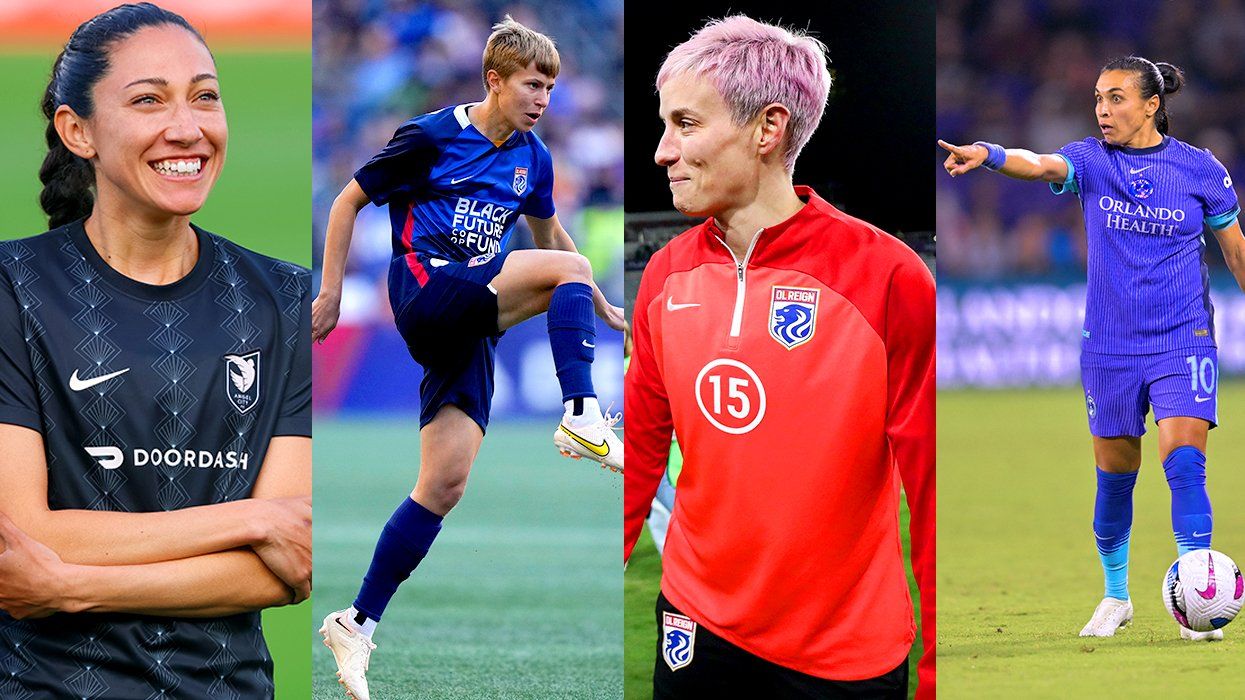In the 1940s, also known as the Golden Age of comic books, the superhero reigned supreme.
Thanks to the popularity of Superman and Batman, a new genre of stories had taken America by storm.
However, the absence of a feminine presence in the world of costumed crime fighters motivated psychologist William Moulton Marston to respond with the creation of Wonder Woman, a female superhero who he hoped would balance the “blood curdling masculinity” of superhero comics.
Wonder Woman first appeared in December of 1941 and was written by Marston for many years under the penname “Charles Moulton.” She was not only unique because she was a woman, but because she had been imbued with brazenly obvious homoerotic and bondage undertones as well.
Marston considered himself a feminist, believing that women, with their maternal instincts and feminine charms were better suited for the task of leadership then men, which he described as naturally violent and destructive. He felt that women were unparalleled in their powers of persuasion. He was also intrigued by the concept of the truth, so much so that he invented the lie detector. These beliefs were woven into the character of Wonder Woman in the forms of her Lasso of Truth and Bracelets of Submission.
more on next page...
\\\
(continued)
In the original comic books—as opposed to later comics and the popular 1970s TV show which changed some of the mythoes— the lasso was a symbol for Marston’s belief in feminine persuasive powers. Her bracelets served another purpose altogether. While they did have the power to deflect bullets, any time a man bound Wonder Woman’s bracelet-clad wrists together she would lose her super powers. This was intended as a warning for women to beware the evils of submitting to men, lest they lose their own powers as well.
In addition to his belief in the superiority of women, Marston also held non-traditional views on sexuality. He lived together with his wife and mistress in a polyamorous relationship, women whom he credited with greatly influencing the creation of Wonder Woman. He was also a strong believer in the practice of bondage and stated on several occasions that he felt its practice was essential for world peace. He theorized that if unruly people were taught the joy of submission through erotic binding they would surely mend their ways in favor of a life as a willing subordinate.
more on next page...
\\\
(continued)
Bondage was a constant theme in Wonder Woman stories of the 1940s. Time and again, the Amazon Princess would bind her enemies or would find herself bound in suggestive ways. Spanking was also a prevalent form of punishment that was often dispensed and accepted with pleasure in the adventures Marston wrote. Once an offending character had been bound and/or spanked, they often were thankful and renounced their evil ways.
Homosexuality was also a frequent allusion in the pages of Wonder Woman. In addition to the Amazons on Paradise Island, a land of women where no men were allowed, the Amazon Princess spent much of her time in the Golden Age of comics with a group of young women dubbed “The Holiday Girls.” Like Wonder Woman, the girls would also find themselves involved in plot points revolving around S&M elements with other women or exchanging suggestive hugs and kisses. Furthermore, Wonder Woman herself frequently referenced the joy of “binding games” on Paradise Island and the bliss that women could experience by submitting to a “good mistress.”
With Marston's death in 1947, the bondage and lesbian themes that had been a staple of Wonder Woman since her introduction were diminished. Then things really changed for the Amazon Princess in 1954. American psychiatrist Fredric Wertham claimed that comics contained overt and covert depictions of sex and violence, which he felt encouraged juvenile delinquency in children. In his book Seduction of the Innocent, he used the common themes found in Wonder Woman and other comics as ammunition for his cause. The U.S. Senate Subcommittee on Juvenile Delinquency held a hearing on the matter, and when faced with the possible demise of their industry, comics companies adopted the Comics Code Authority (CCA), which abided by a strictly enforced “moral code.” This included any content that could be viewed as “sexually perverse or abnormal.”
more on next page...
\\\
(continued)
[Editor's Note: See how the CCA impacted Batman and Robin's gay love.]
In recent years, comic book publishers have dropped the CCA in favor of their own rating systems, and while an industry-wide moral code is no longer in place, mainstream characters such as Wonder Woman still seem to grapple with the perceived secrets of their past.
However, lesbian characters have once again found their way to Paradise Island and have enjoyed some prominence in modern storylines. Homosexuality, once an allusion in the land of Amazons, has become an integrated part of their all-female society. Characters are seen holding hands, embracing and even referring to one another as “lover.” The women of Paradise Island are now as likely to be found in a loving embrace as they are to be training for combat, but the “binding games” of the Golden Age are no longer a part of their training regime.
Be SheWired's Friend on MySpace!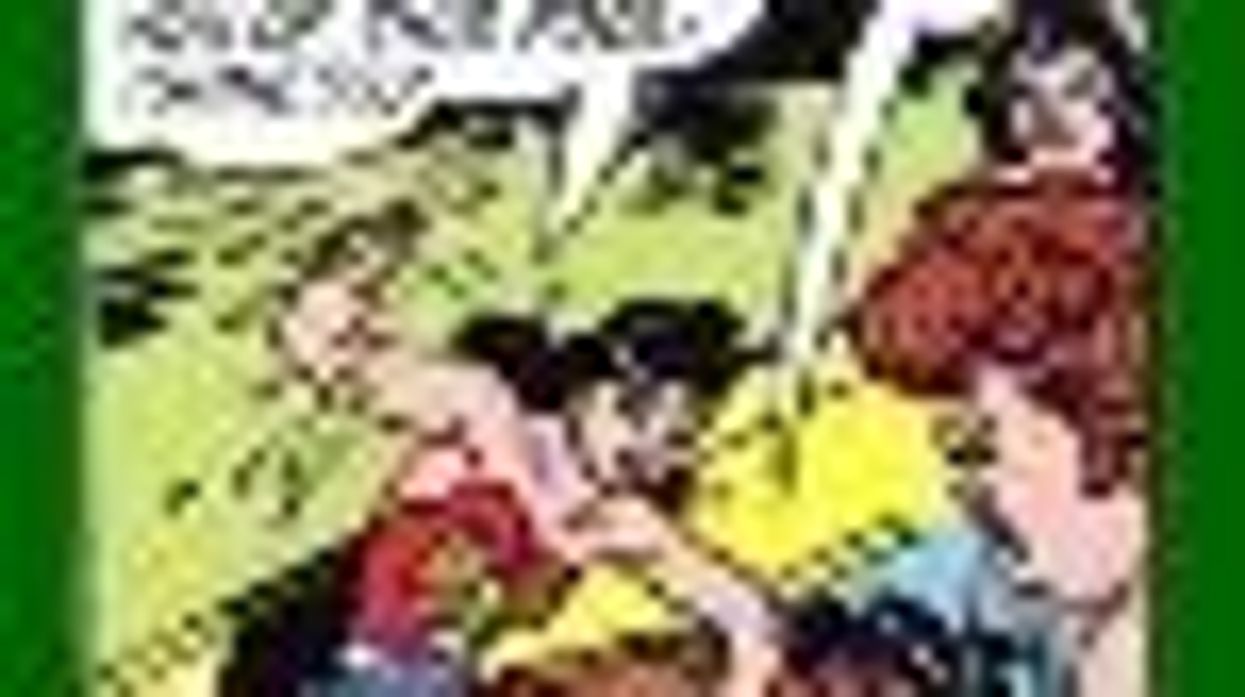




















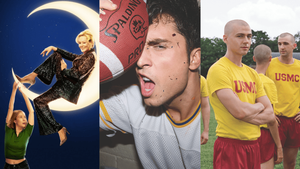























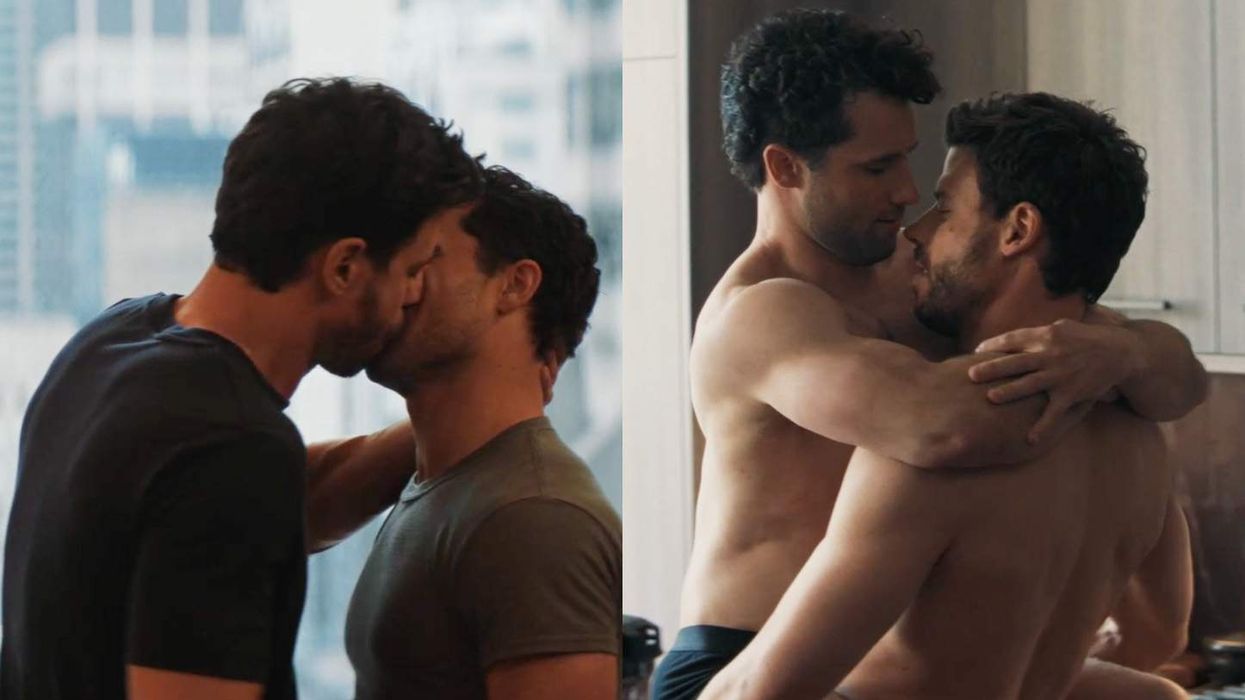


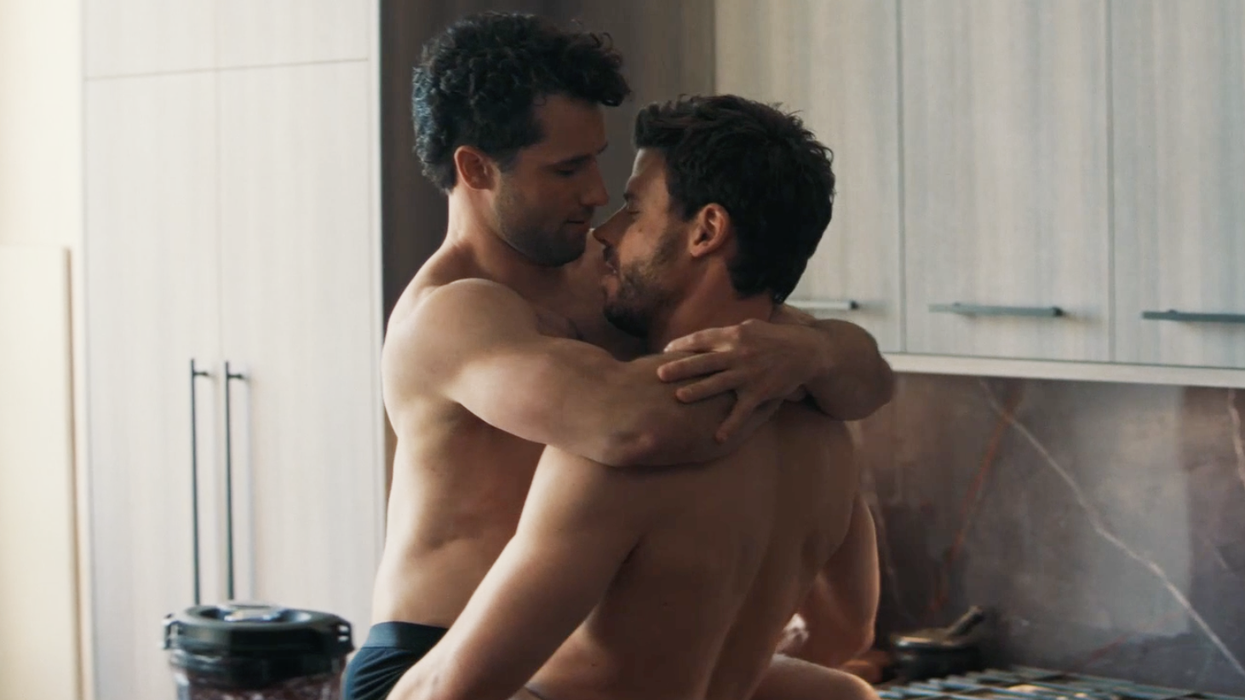
































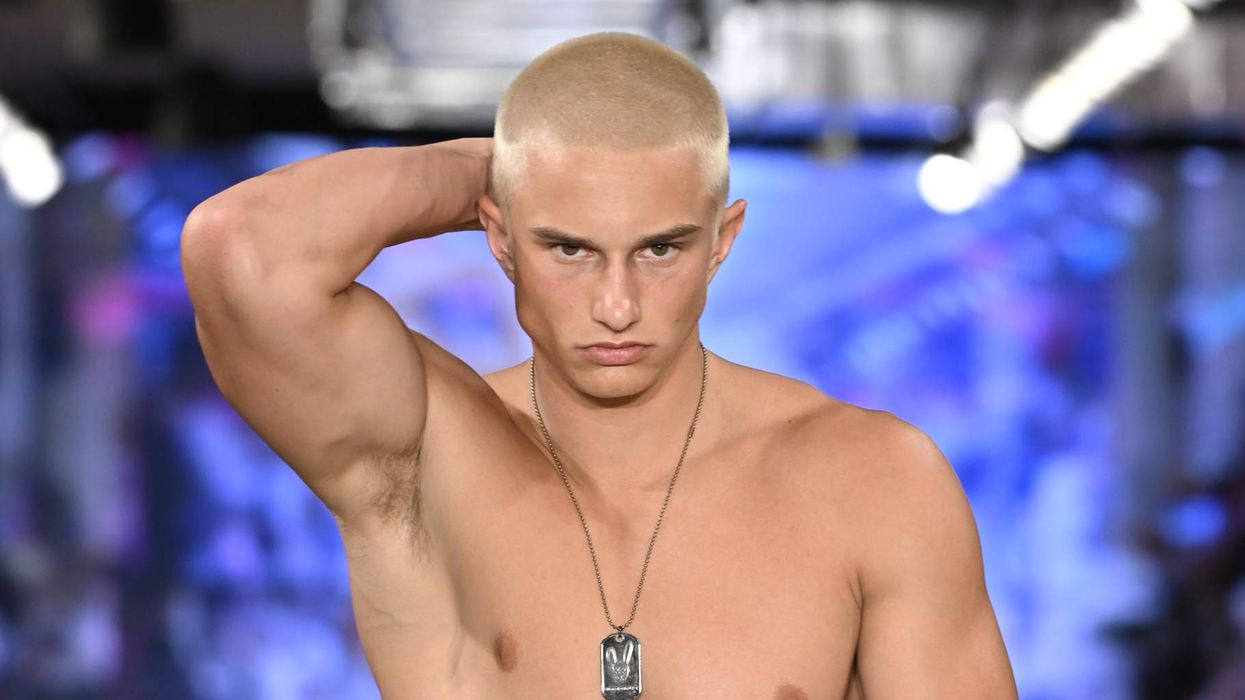
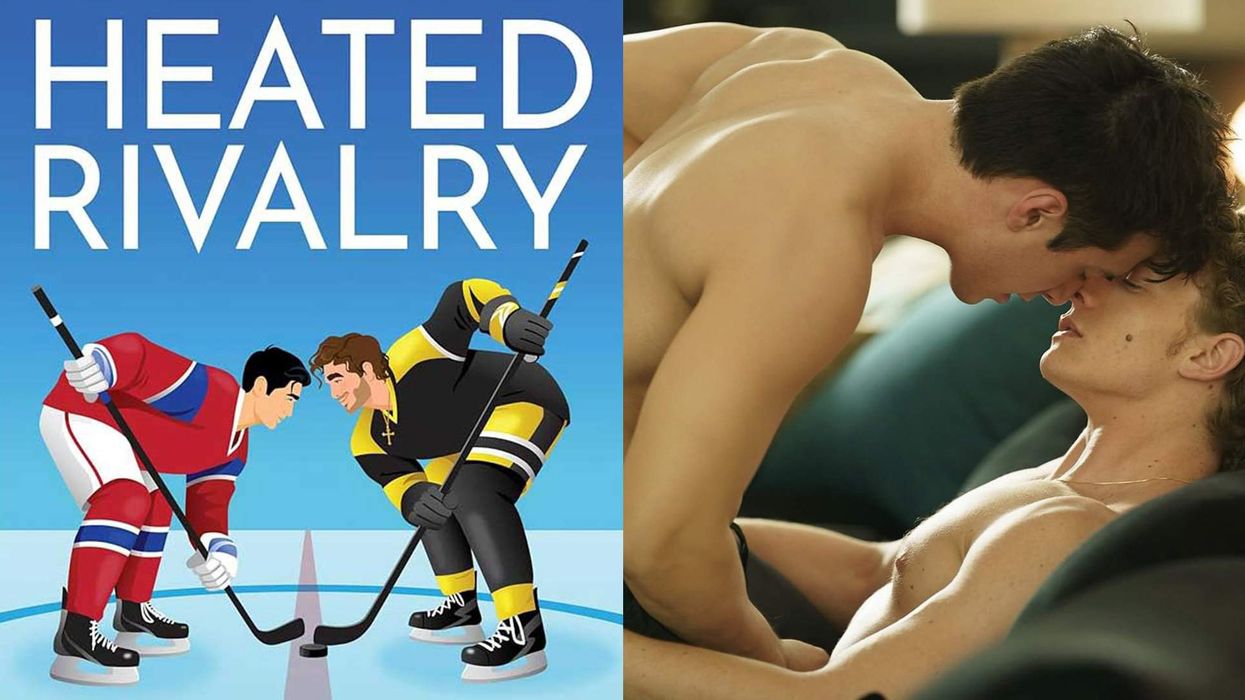



 Cindy Ord/Getty Images
Cindy Ord/Getty Images
























